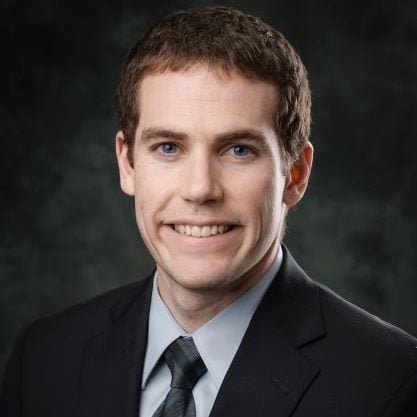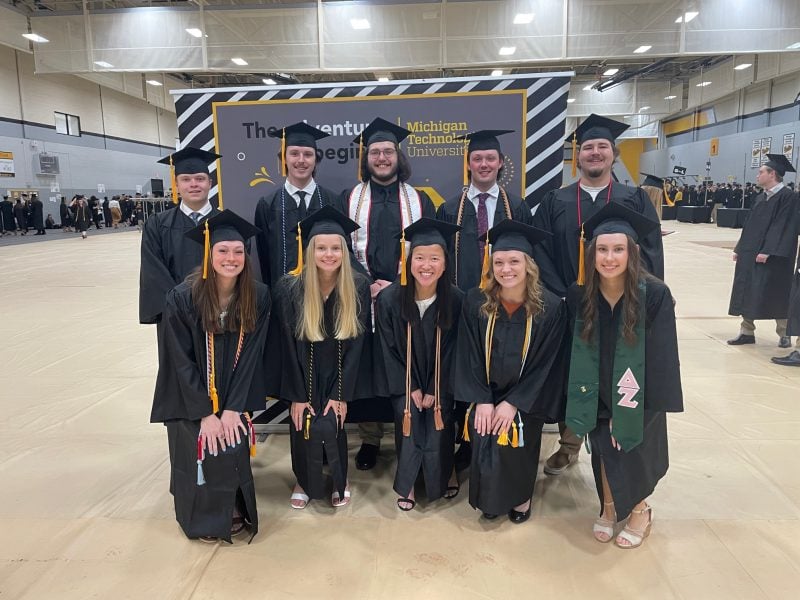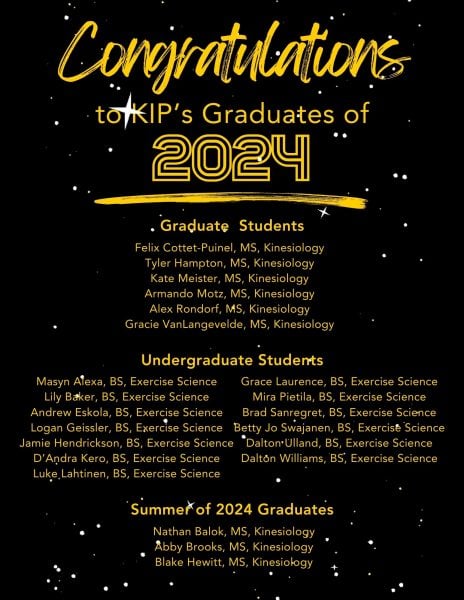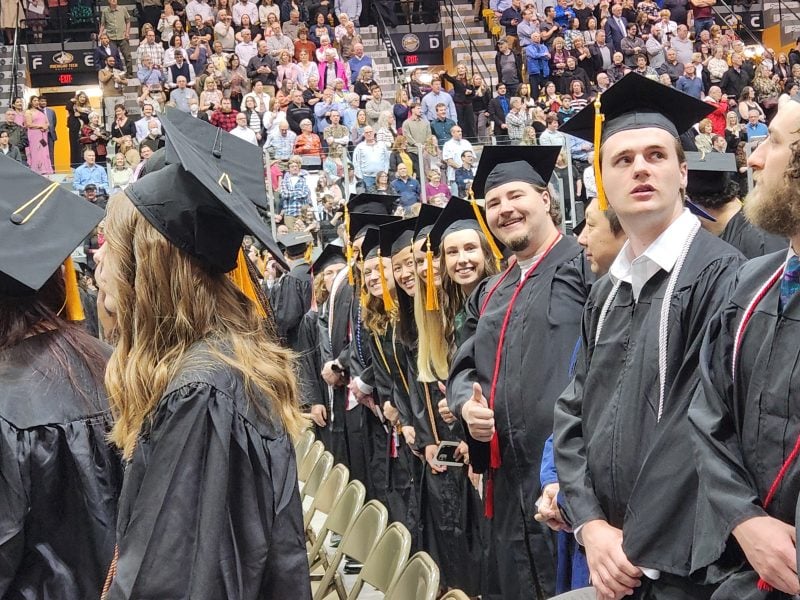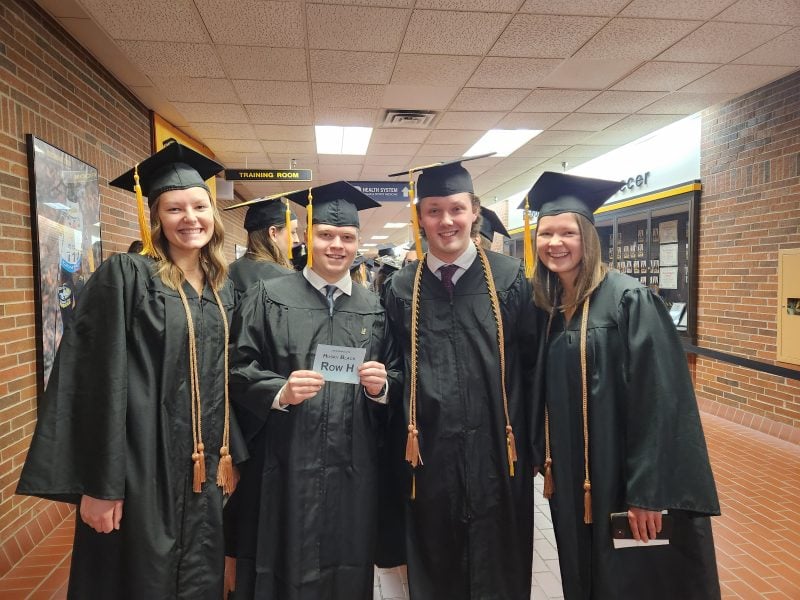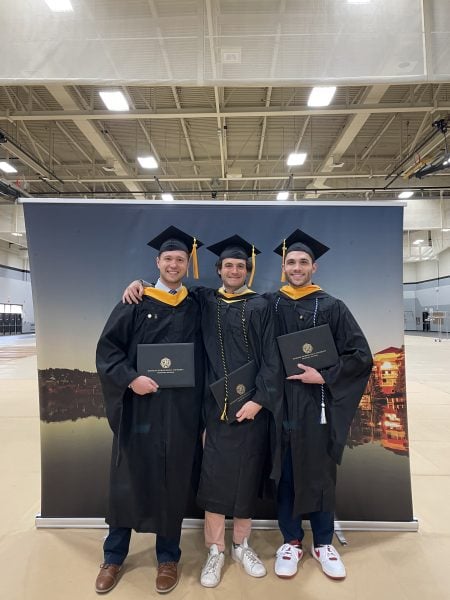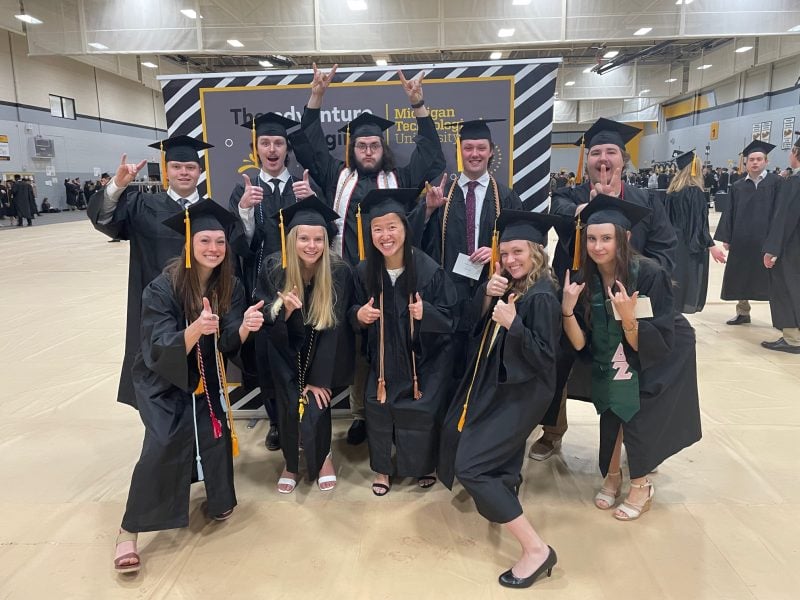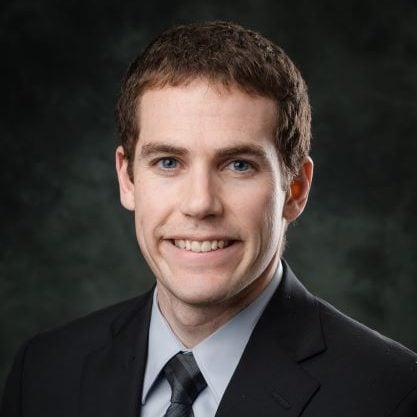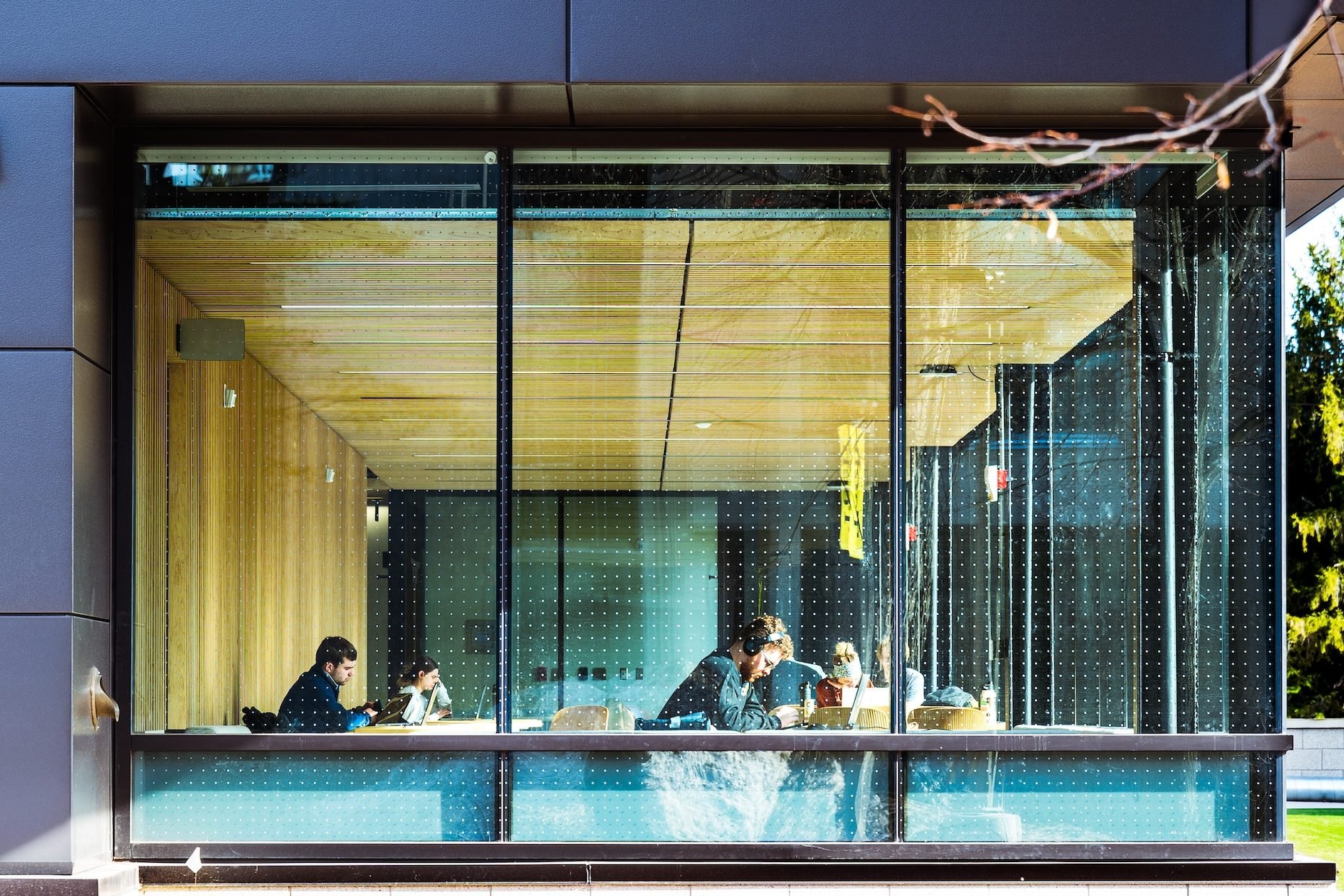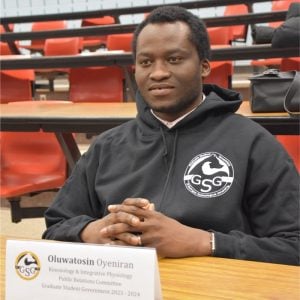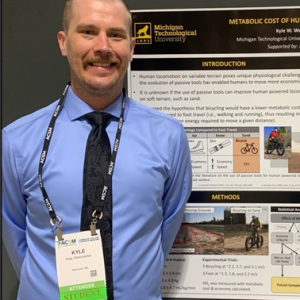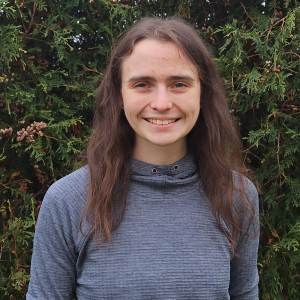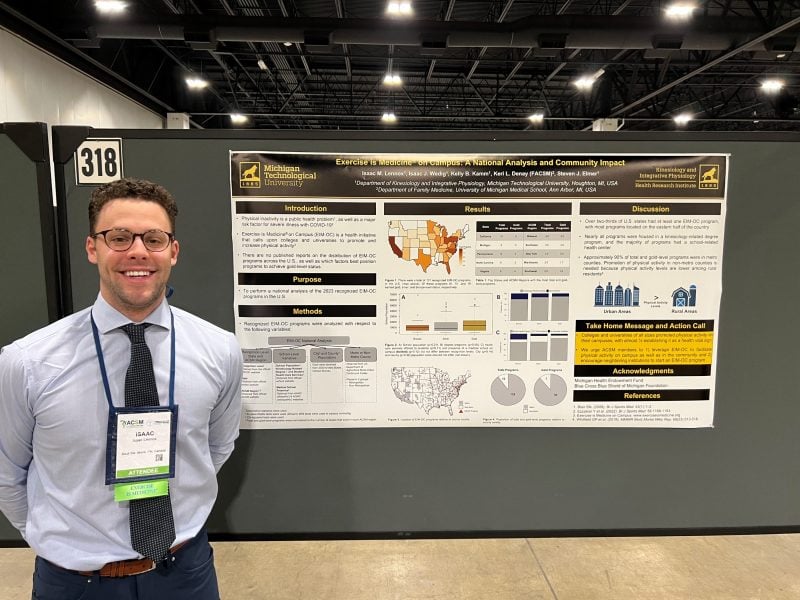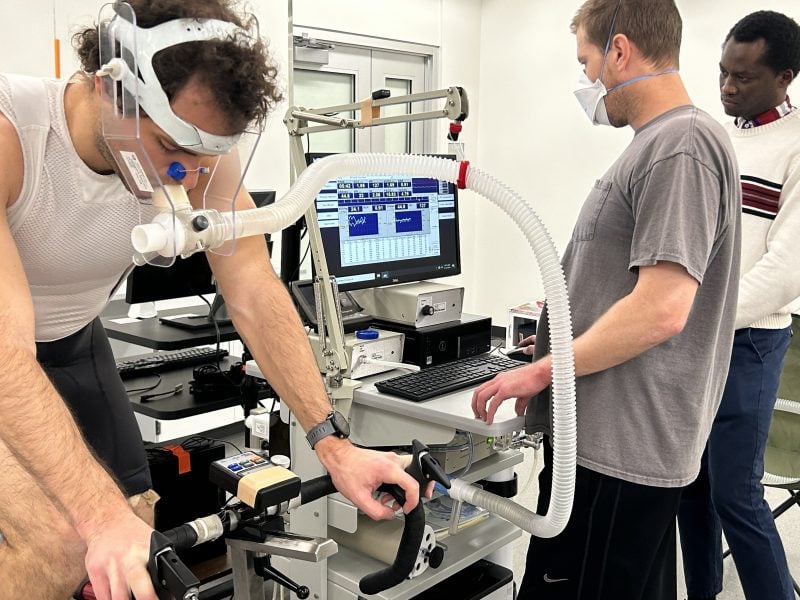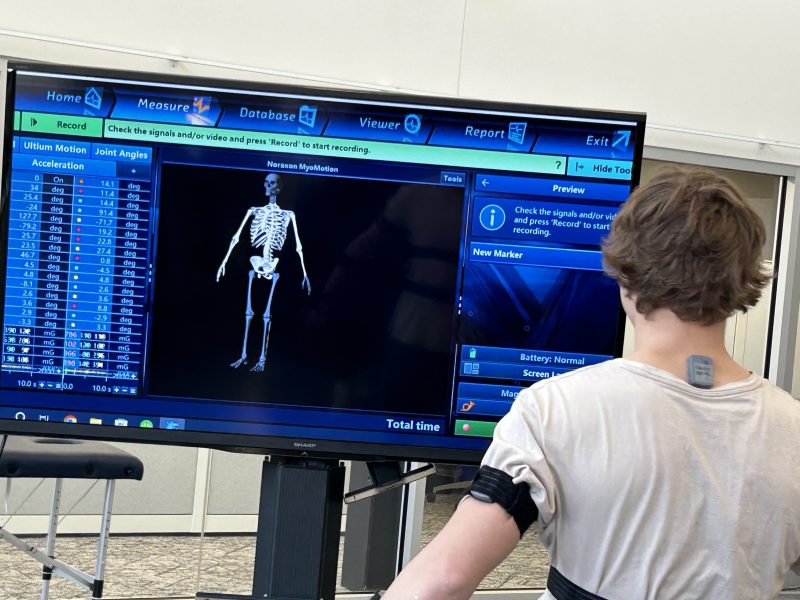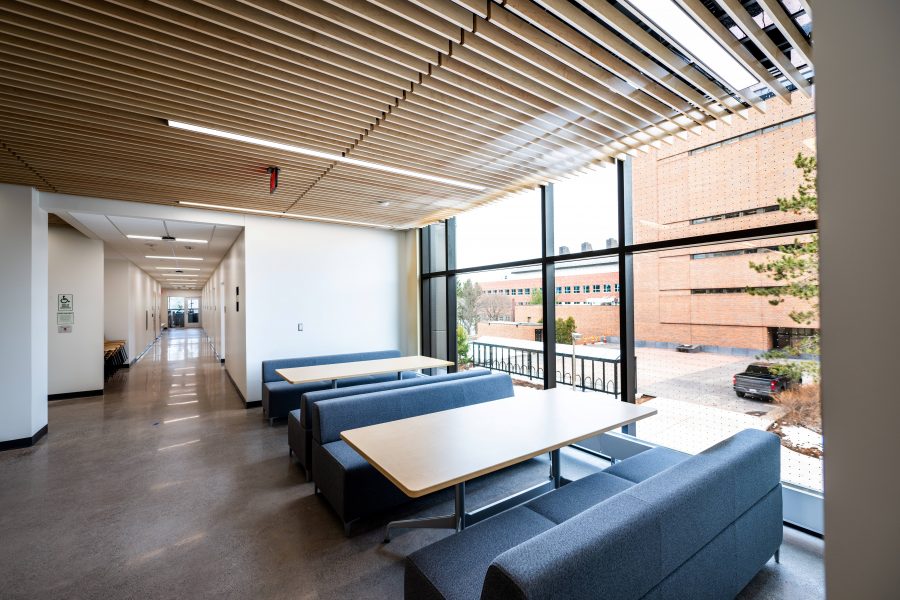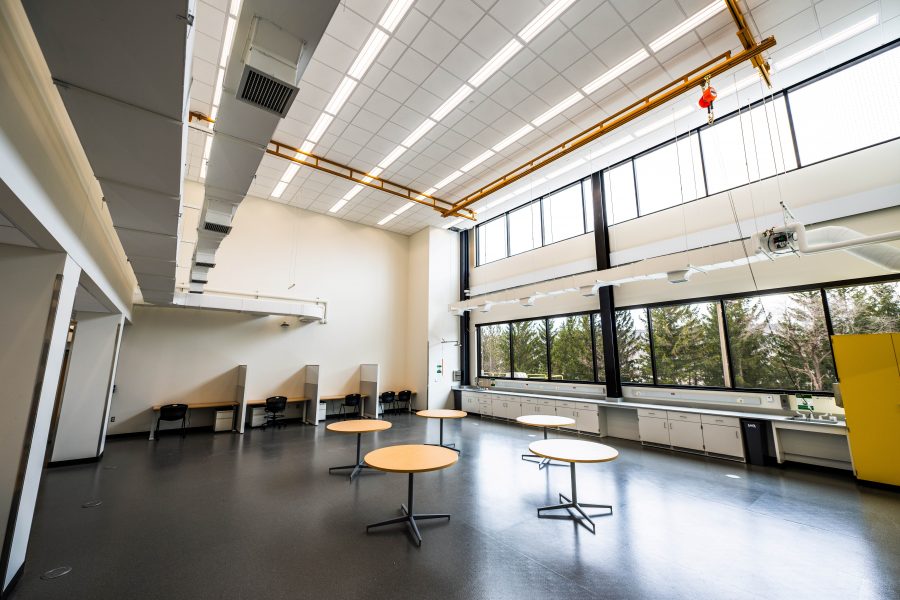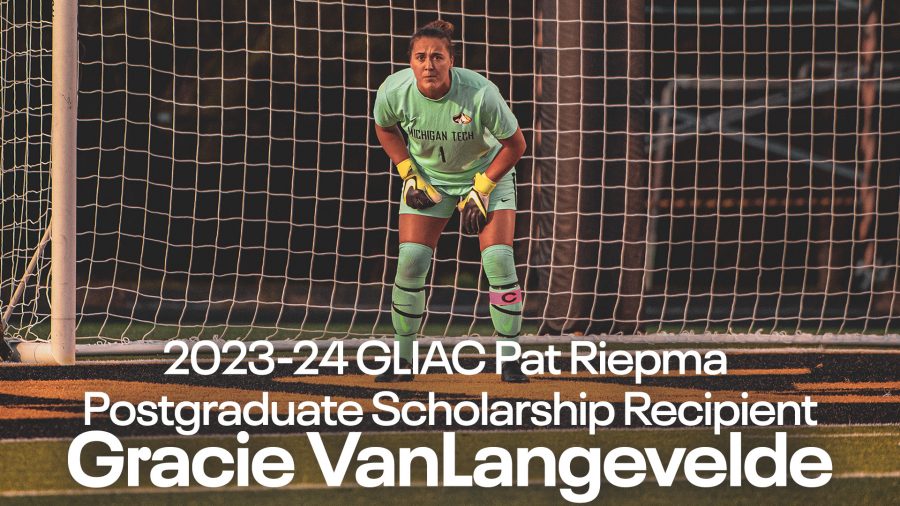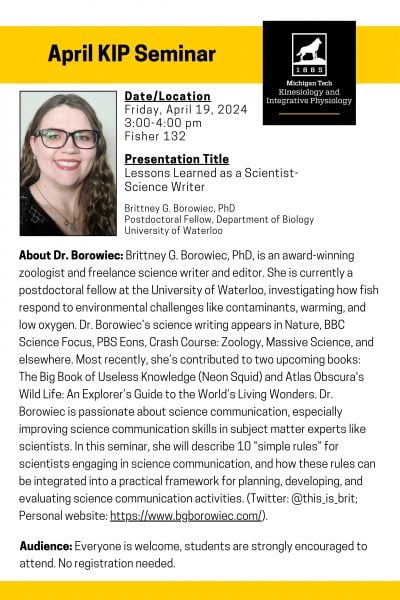The Daily Mining Gazette published a column written by Steven Elmer supporting the Promoting Physical Activity for Americans Act — a bill introduced to the U.S. Senate in 2023 — and encouraging readers to be physically active this spring.
About Steve Elmer
Dr. Elmer is an Associate Professor in the Department of Kinesiology and Integrative Physiology at Michigan Technological University. His research goals are to find better ways to restore musculoskeletal function, maintain health, and improve performance in healthy and clinical populations. Specifically, his research is focused on three key areas: 1) mechanics of skeletal muscle contraction, 2) coordination of locomotor tasks, and 3) exercise interventions to improve physical conditioning and mobility. Applications for his research range from basic aspects of muscle contraction to applied human performance in a variety of settings including injury, rehabilitation, ergonomics, and sport.
About the Kinesiology and Integrative Physiology Department at Michigan Technological University
Tomorrow needs healthy communities. The Department of Kinesiology and Integrative Physiology (KIP) at Michigan Technological University helps to build them. The KIP Department offers undergraduate degrees in exercise science and sports and fitness management. Graduate degree offerings include a PhD in Integrative Physiology as well as a master’s and accelerated master’s degree in Kinesiology. Housed in the new H-STEM Complex, KIP leads several important health and wellness collaborative research projects across eight different labs. Supercharge your human health skills to meet the demands of an increasingly active and aging society at a flagship public research university powered by science, technology, engineering, and math.
Questions? Contact us at kip@mtu.edu. Follow all the latest happenings on Instagram, Twitter, LinkedIn, Facebook, and the KIP Blog.
